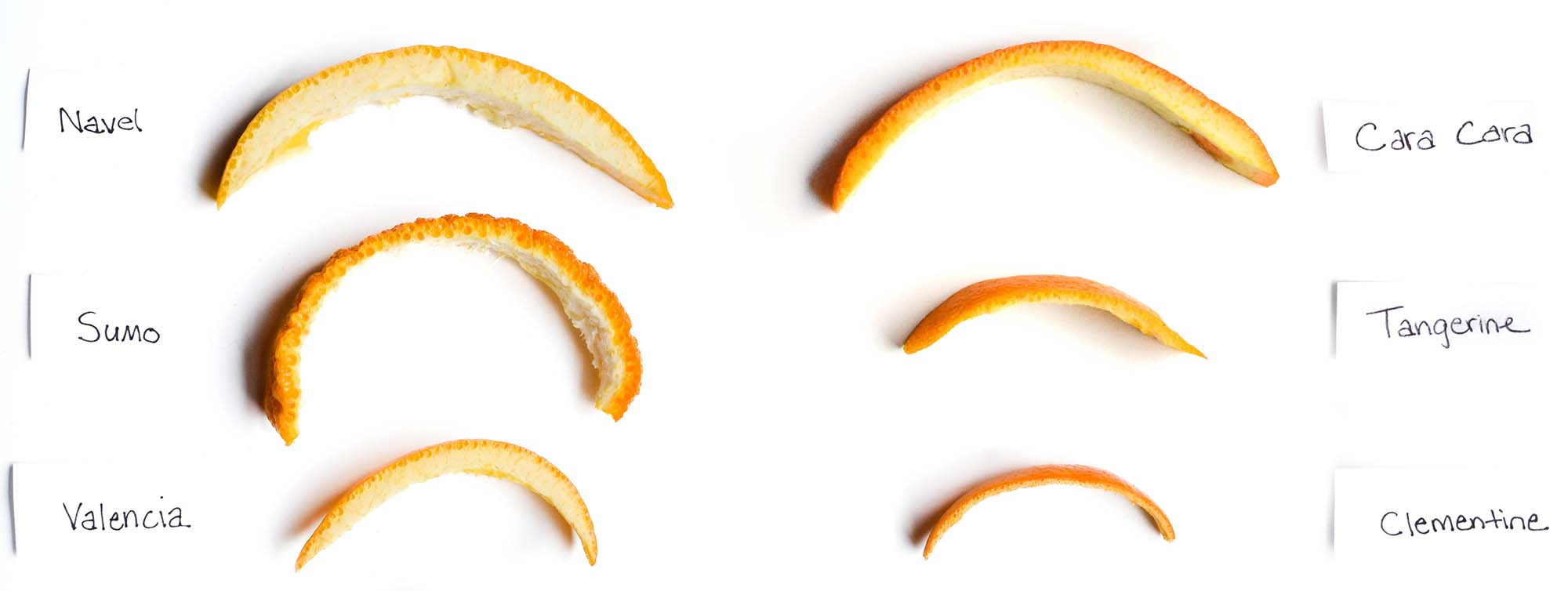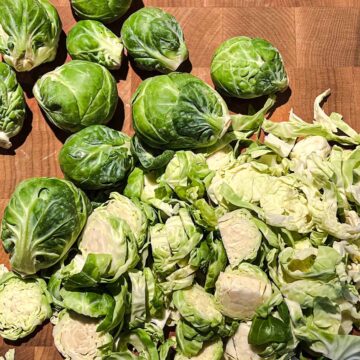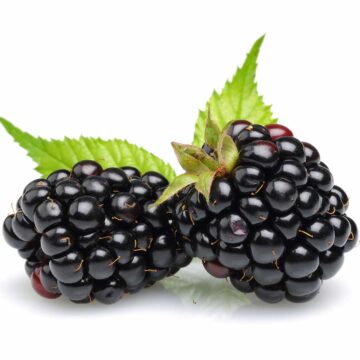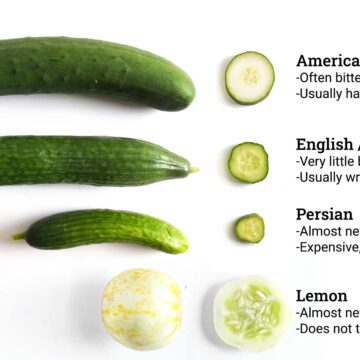Candied orange peels that taste overly bitter can ruin the otherwise delightful treat. They should be tart, sweet, with very subtle bitter undertones to round it out.
It helps to understand what parts of the orange are bitter and then how that bitterness can actually be reduced. If you want to try making your own, head over to my candied orange peel recipe (along with flavor variations like cinnamon & sugar or one with sour-patch kid levels of tartness).
Jump to:

What are the most bitter parts of an orange?
Orange peels are extremely bitter. Cut a slice of just the peel (no pith) and take a bite - you'll immediately see what I mean. Next, cut a piece of pith and eat just the pith. It's barely bitter!
I don't know about you, but I found that very surprising. Isn't the pith supposed to be the most bitter part? Turns out, that's a myth.
Orange pith & the bitter myth
Somehow, it became "common knowledge" that orange pith is bitter. I know I always believed it and certainly never found myself cutting off a piece of pith just to taste it. It never crossed my mind... until now.
I was trying to find some research that specified how much bitterness was found in the rind (peel) compared to the pith. It was an important piece of information needed to instruct readers on the necessary pith-removal diligence.
Instead, I found a couple of articles claiming the pith wasn't actually bitter. The article, "Of Pith and Myth" from the Washington Post and "Debunked: The Bitter Pith Myth" from America's Test Kitchen both claim the pith isn't bitter (with the exception of grapefruit).
I obviously had to test this for myself, cutting some pith from a navel orange (a variety with a very thick pith). I tasted it, and was delightfully surprised that it had only trace amounts of bitterness. The peel, however, was offensively bitter!
This "myth" does actually have some truth hiding in it. First, grapefruit pith is actually quite bitter and that fact may have turned into a stereotype for all citrus. Second, America's Test Kitchen claims that when the peel and pith are rubbed together, like when zesting, "acid and enzymes convert the peel’s flavorless compounds into new ones with pronounced bitterness."
The important take-away here is that you can leave the pith on when making candied orange peels. It only affects the consistency, not the flavor.
How does blanching reduce bitterness?
Orange peels are full of various compounds and essential oils that give them their characteristic flavor. A couple of those compounds, naringin and limonin, are the main contributors to bitterness in oranges.
The reason blanching works so well is that both of those bitter compounds are soluble in hot water. This means the bitterness will leech out of the orange peel and dissolve into the pot of hot water. Blanching 3-4 times for short durations reduces the bitterness by about 50%.
Meanwhile, blanching does not affect most of the orange peel flavor. That's because compounds responsible for the characteristic orange flavor do not readily dissolve in water. For example, limonene makes up almost 90% of the essential oil in orange peels and is actually insoluble in water.
Sugar also reduces bitterness
After blanching several times, the orange peels will still taste slightly bitter. They should be blanched until the bitterness is at a tolerable level. Removing all traces of bitter flavor requires longer blanching that would make the peels start to fall apart.
However, total removal from blanching isn't required because sugar also plays a role. Sugar helps mask our ability to taste bitter flavors. This is why adding sugar to grapefruit or coffee makes their bitterness seem more tolerable.
While added sugar helps reduce the bitterness, it won't completely mask it. If the peels taste overly bitter after blanching, blanch again until you detect a slight, tolerable bitterness.
Time reduces bitterness
There's one last element than can make candied orange peels less bitter: time.
I found a few comments scattered on recipes and a couple reddit threads that claimed candied orange peels get sweeter and less bitter the longer they are stored. I was a little skeptical at first, but ran across a group of researchers with data supporting the claim.
The study looked at debittering oranges for commercial processing to make them more appealing to consumers. They found that storage time had a 10-30% reduction in naringin, which is one of the main bitter compounds in orange peels.
It's hard to conduct my own side-by-side test since I'd be relying on my recollection of how bitter the orange peels started out versus how they tasted a month later. I thought about making a fresh batch to compare to the original, but too many factors could change the bitterness, so they wouldn't be on equal footing.
That said, the candied orange peels did taste less bitter after a month of storage (in an airtight container, on the counter).
Ability to taste bitter flavors
One last factor comes into play: your ability to taste bitterness. Some people can't really taste bitter flavors at all (non tasters), while others are super tasters.
This ability comes down to genetics. One person might think the candied orange peels taste sweet with no traces of bitterness. Another person eating the same candied orange peel might taste a fair amount of bitterness.
Because of this, it's hard to rely on recipe comments and reddit threads to know if a specific debittering method works. I've seen some people report that one quick dunk in boiling water removes all bitterness from the orange peels. I wonder if those people are non-tasters?
If you find yourself noting bitterness in foods more than others, you could be a super-taster. There are some paper test strips that can tell you who's a super taster and who isn't.
If you are making candied orange peels and want to have a little fun when you share them with people, give them a bitter taste test strip. They are those little paper strips you might have encountered in a middle school science class. Here are the ones I bought from Amazon (it's an affiliate link, which mean I get a small commission).
Other bitter foods
A lot of foods we eat have bitter elements. Sometimes a cooking method can reduce the bitterness, other times specific ingredients counter the bitter flavors exceptionally well.
Here are some guides to other bitter foods and how to make them taste less bitter.








Leave a Reply